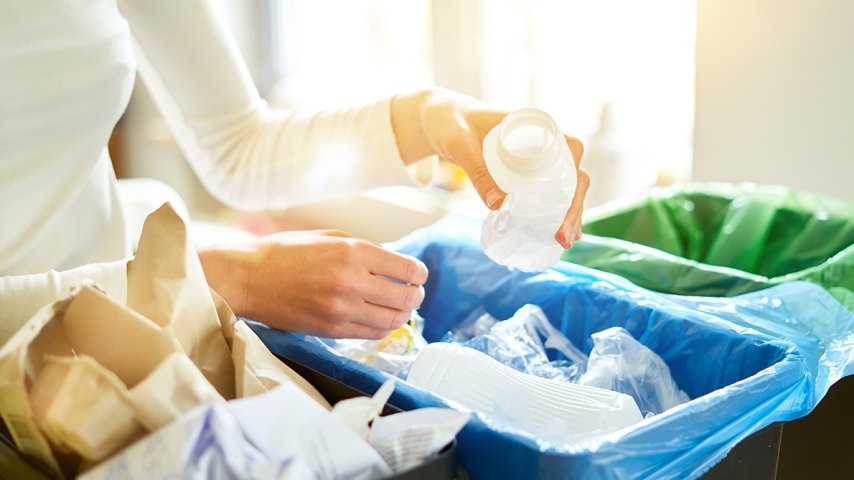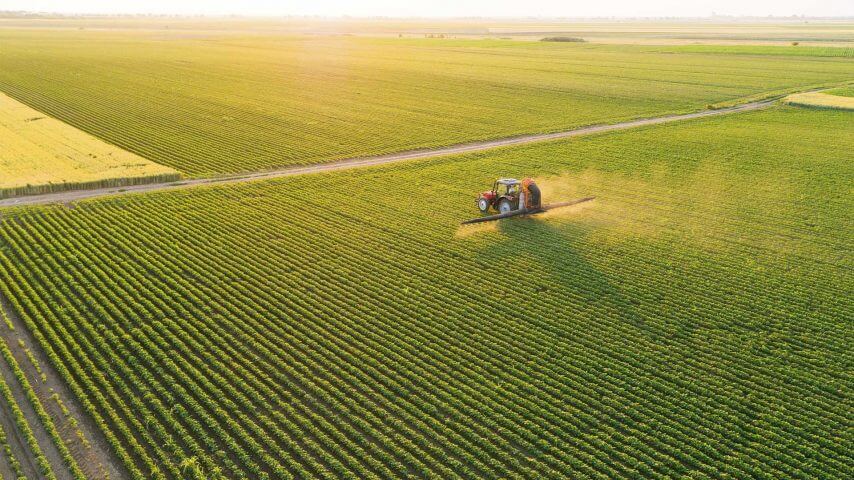Reading Time: 4minutes
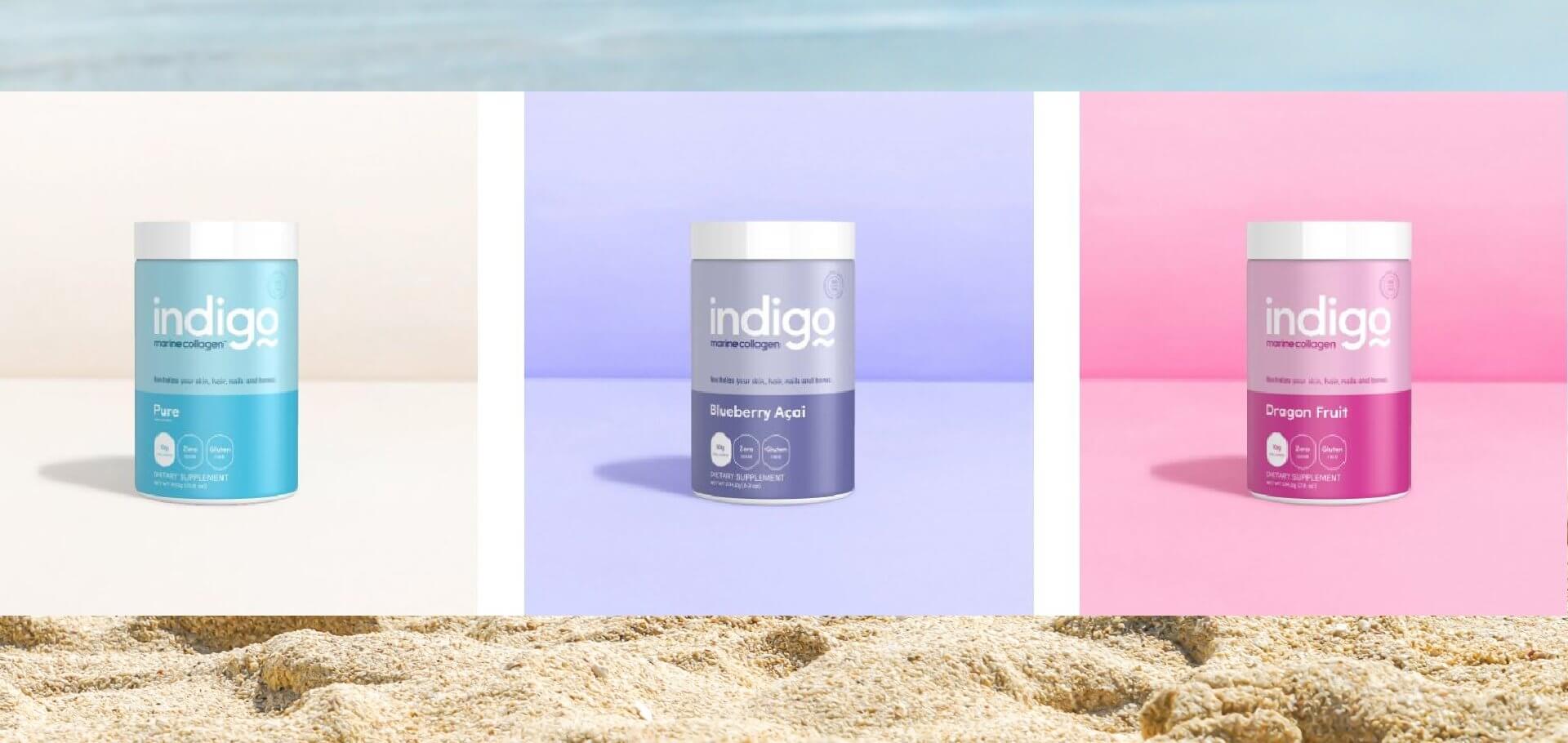
Table of Contents
Nowadays, we often hear people talk about being green, that is, living sustainably. But how about being blue? Recently, the term blue foods––a diverse range of edible aquatic animals, plants, and microorganisms––has been gaining traction. According to an international team of researchers, gram for gram, blue foods offer significantly more nutrients than land-based crops and livestock.
What’s more, additional research shows that wild-caught pelagic fish—whitefish such as cod, haddock, and pollock—are the most sustainable source of animal food protein in terms of the energy required to harvest and process it and its impact on the planet. And now, thanks to Indigo Marine Collagen, the discarded skins of this blue food source, which normally go to waste, are being converted into sustainable, high-quality collagen powder. But what is collagen and why do we need it?
The word collagen comes from Greek kolla, meaning glue. For thousands of years, people obtained collagen to make glue by boiling the skins, hooves, and bones of animals. Today, it still has a wide range of industrial and even medical applications, including fabricating strings for musical instruments, making gelatin and sausage casings, and as a filler in cosmetic surgery and a dressing for burns and wounds. In fact, collagen is the most abundant form of protein in the human body, too, comprising one-third of its total protein. It is a major building block of our bones, skin, muscles, and tendon ligaments, and is found in our blood vessels, corneas, and teeth. It is quite literally our body’s glue.
Normally, our bodies synthesize what is called endogenous collagen from the amino acids glycine and proline using vitamin C. But as we age, the amount of collagen our bodies produce decreases, causing our skin and joints to degrade. In recent years, supplements made from exogenous collagen—sources outside the human body—have become increasingly popular. These are typically sourced from domesticated animals, especially cows, whose non-edible parts, as by-products of the meat industry, are cheap and readily available.
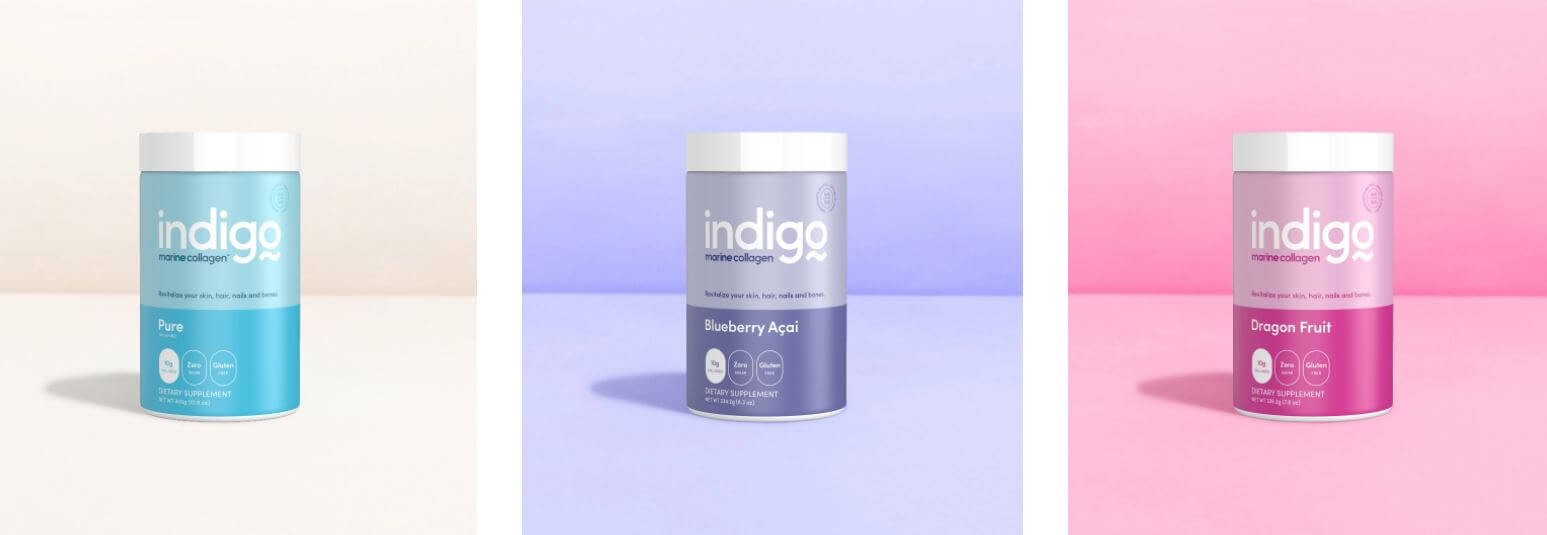
Indigo Marine Collagen
Indigo Marine Collagen offers several advantages over other types of animal collagen. It is ethically sourced from wild North Atlantic whitefish, which, unlike the vast majority of farmed animals, have no direct exposure to antibiotics or hormones. This element of safety and purity is further enhanced by strict quality controls, a transparent supply chain, and testing at multiple points during processing to ensure against contamination by harmful microbes or heavy metals such as lead, mercury, cadmium, and arsenic. It also contains four different types of collagen, and the highly soluble powder is absorbed quickly into the body to support hair, skin, nail, and bone health. Plus, it contains zero sugar, additives, or fillers, and is gluten-free, kosher certified, and keto and paleo friendly.
Indigo Marine Collagen and Ajinomoto Health & Nutrition are committed to making it easier for everyone to eat blue as well as green by providing safe, sustainably-sourced products to support human health and well-being.
Stephen Glass, Senior Sales Specialist of the Wellness Nutrition Division talks about his passion for nutrition and how he applies it to develop products that help people live better.
Related links:
Stories you may like

Amino acids can be a beautiful barrier that builds confidence
- Amino Acids
- Environment
- Health and Well-being
- ICT&Healthcare
- Sustainability / SDGs

Get the rest you deserve: glycine can help you enjoy deeper, healthier sleep
- Amino Acids
- Environment
- Health and Well-being
- ICT&Healthcare
- Sustainability / SDGs
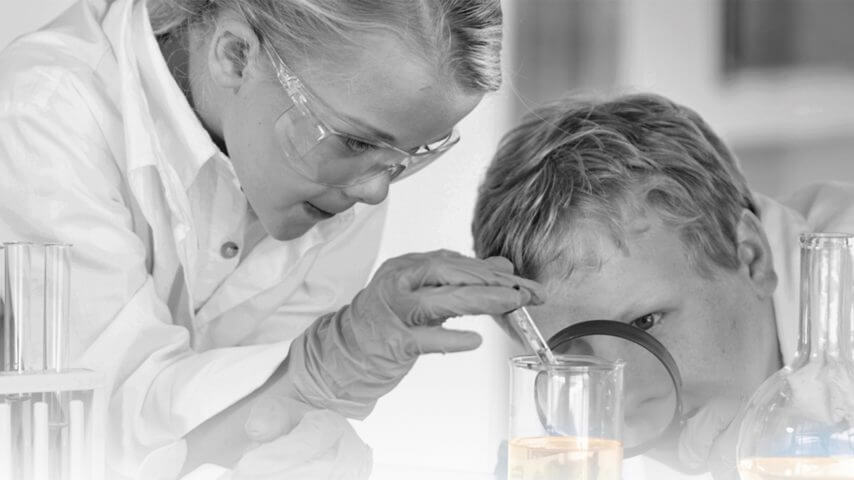
Unlocking amino acids’ potential: passion and a bit of luck
- Amino Acids
- Environment
- Health and Well-being
- ICT&Healthcare
- Sustainability / SDGs


